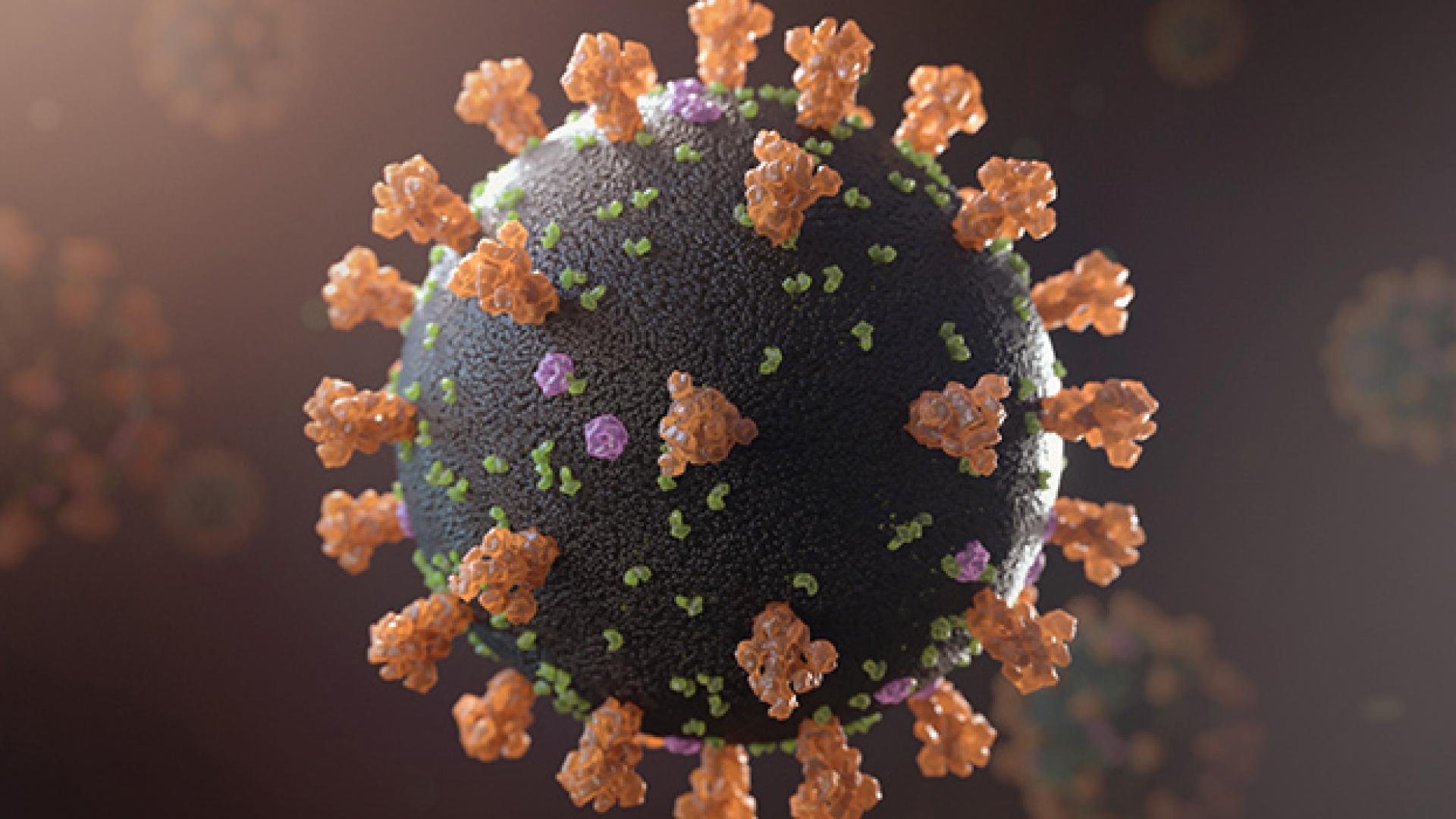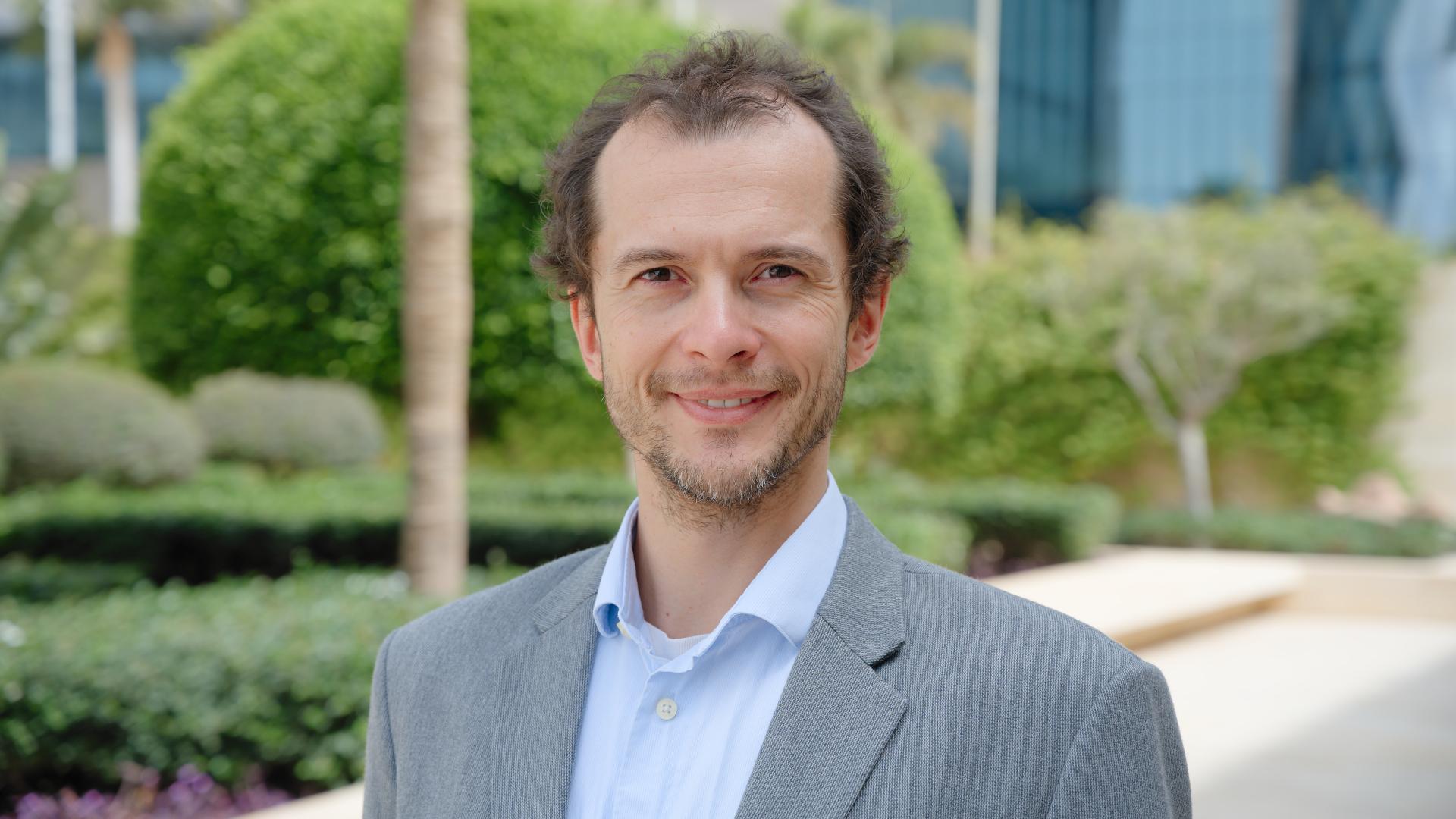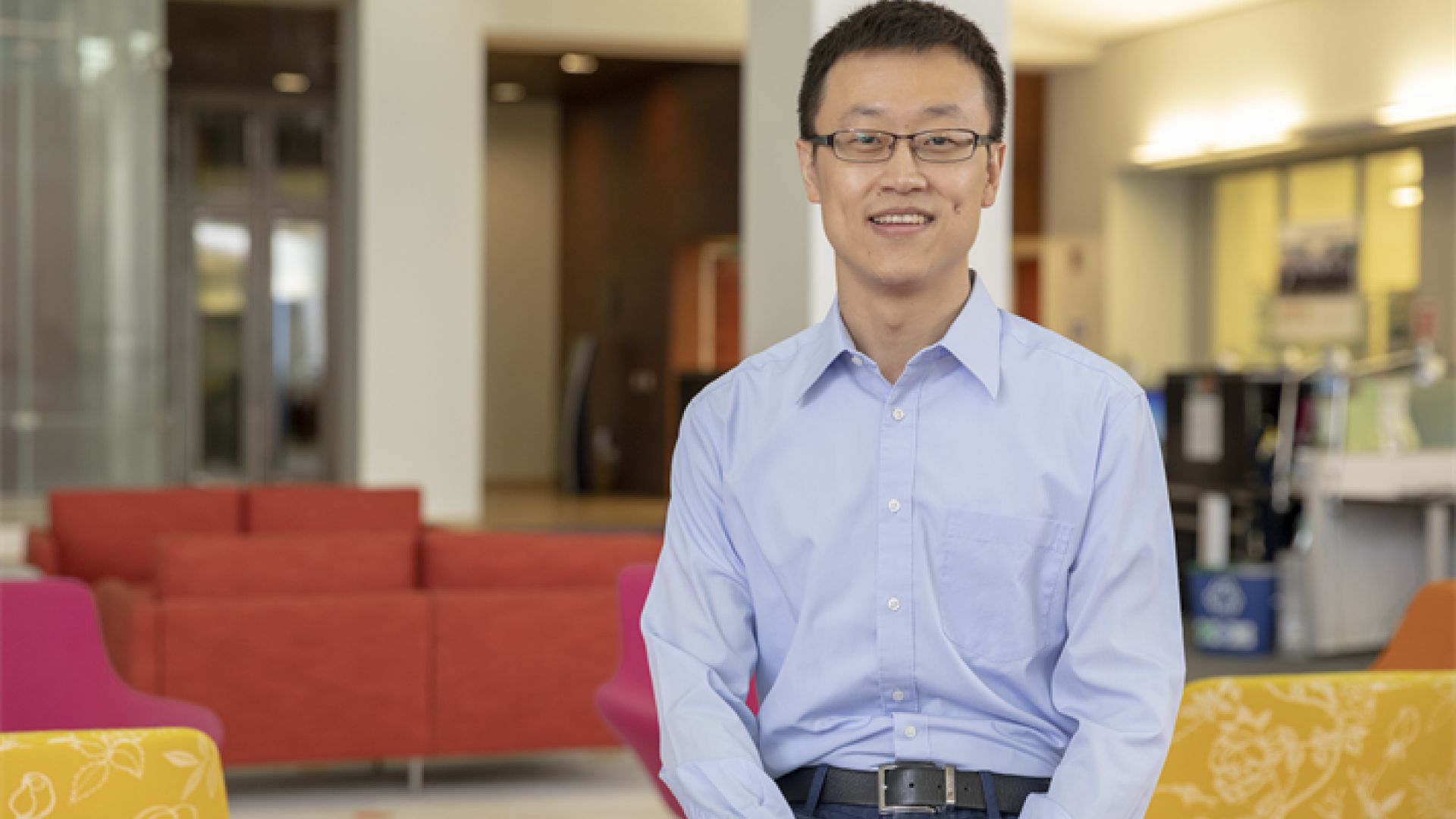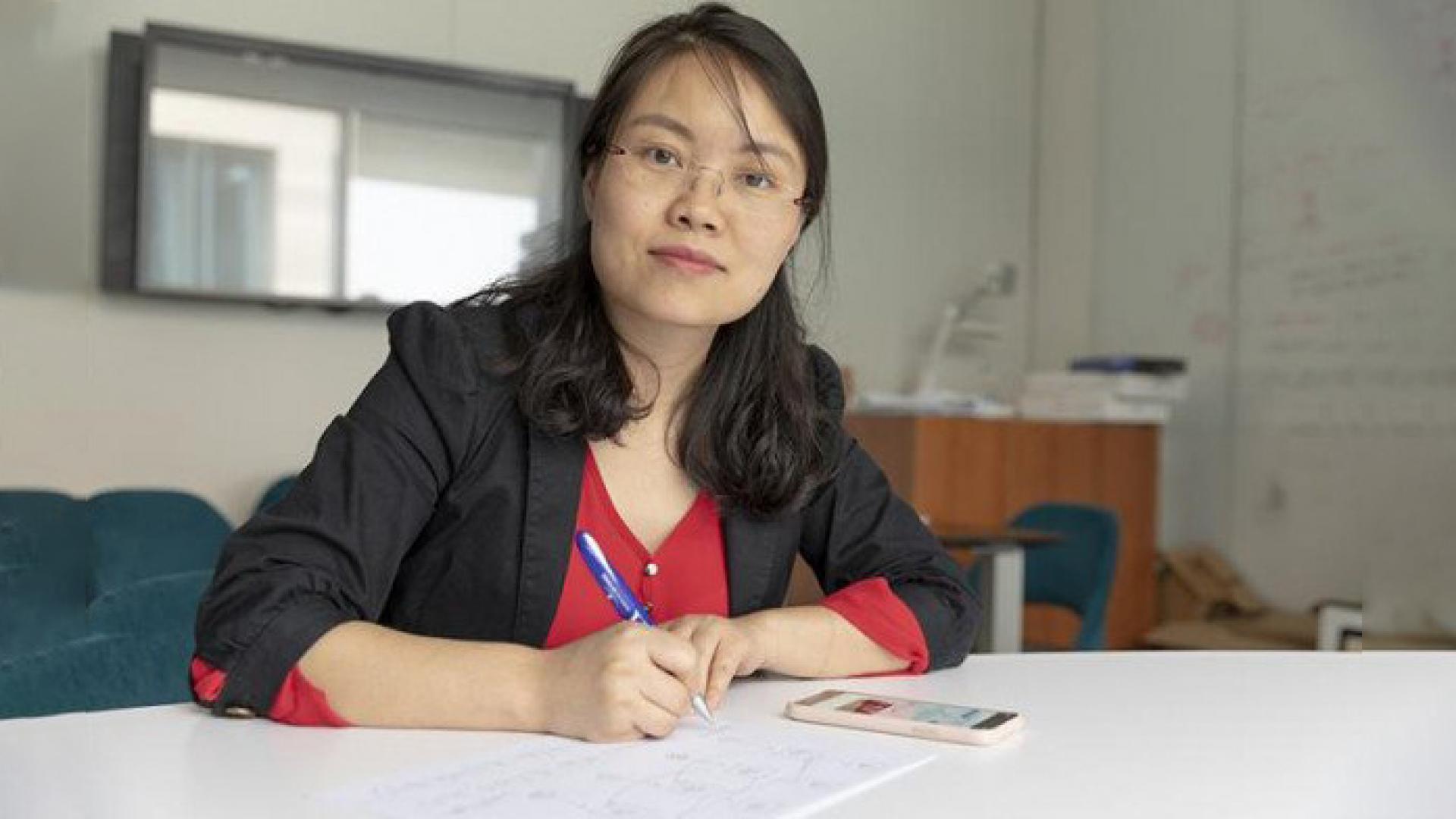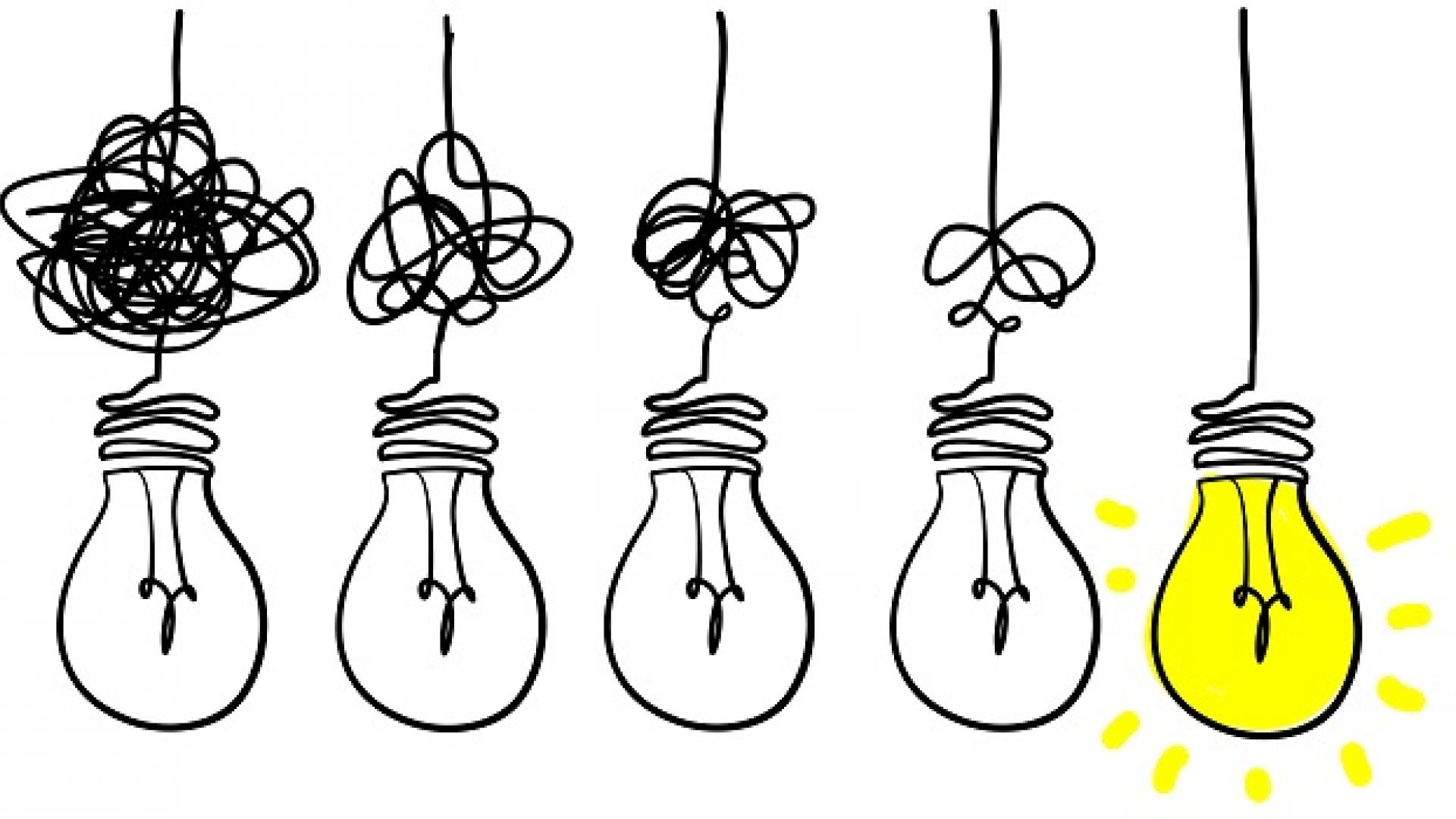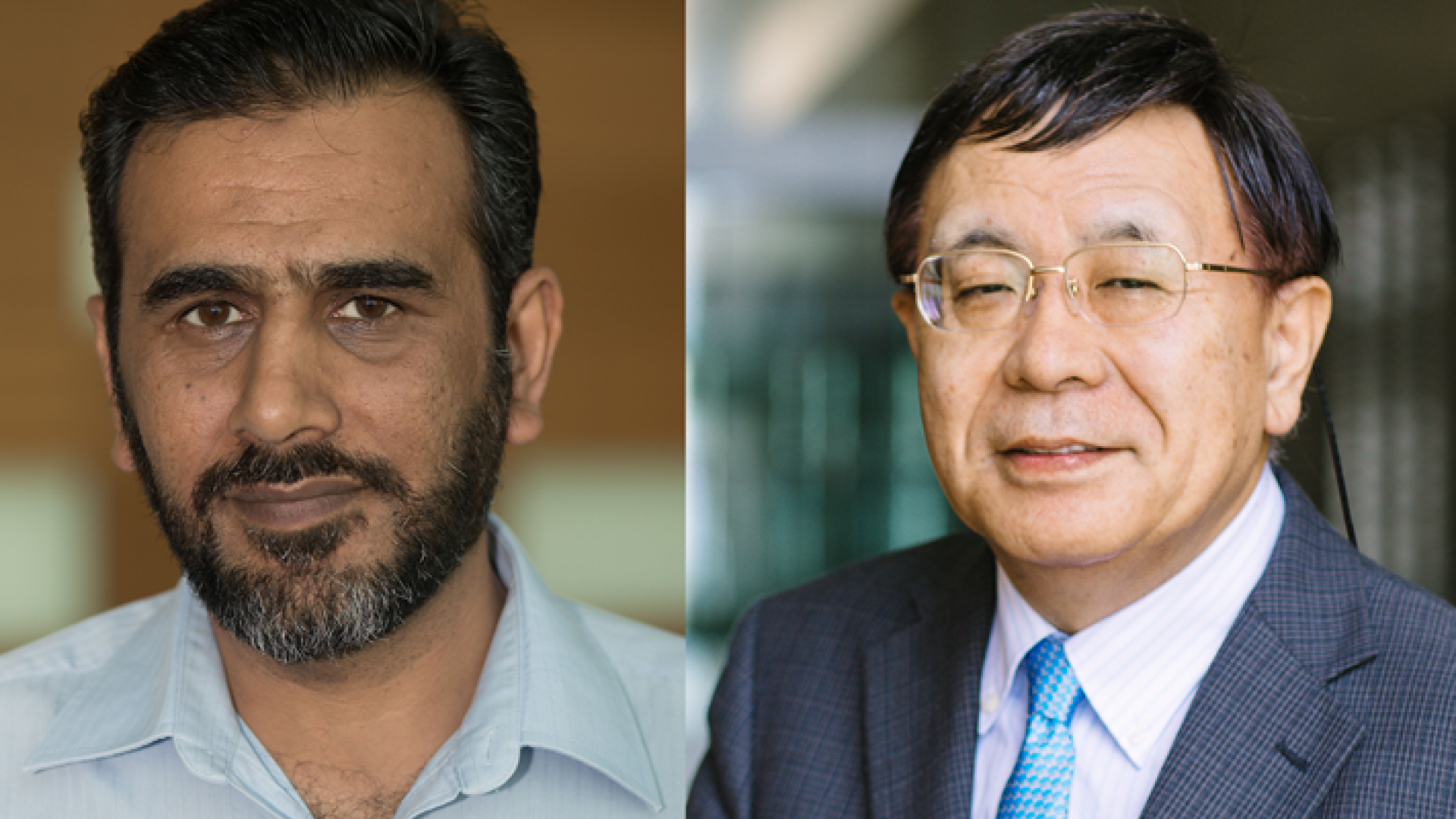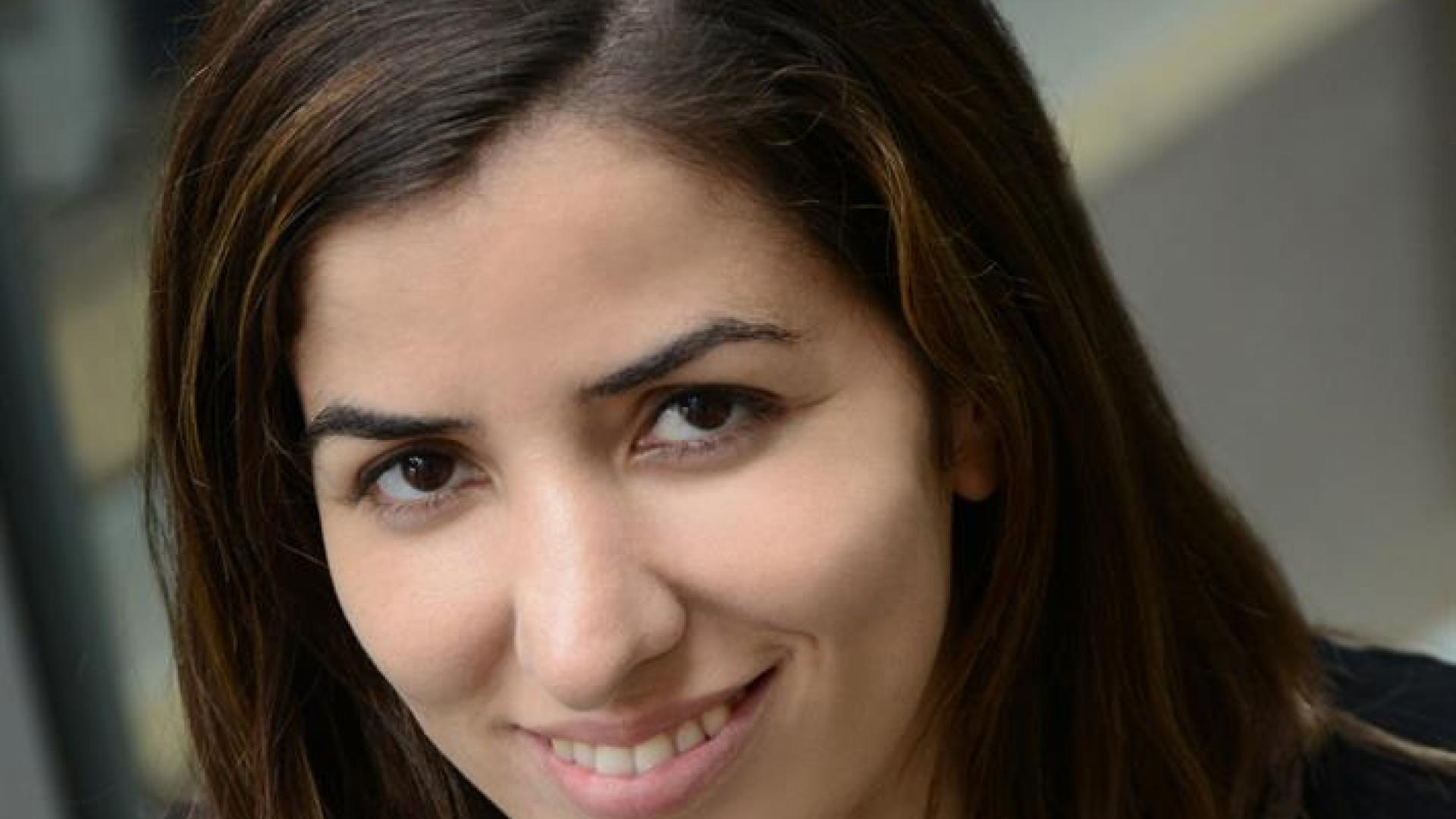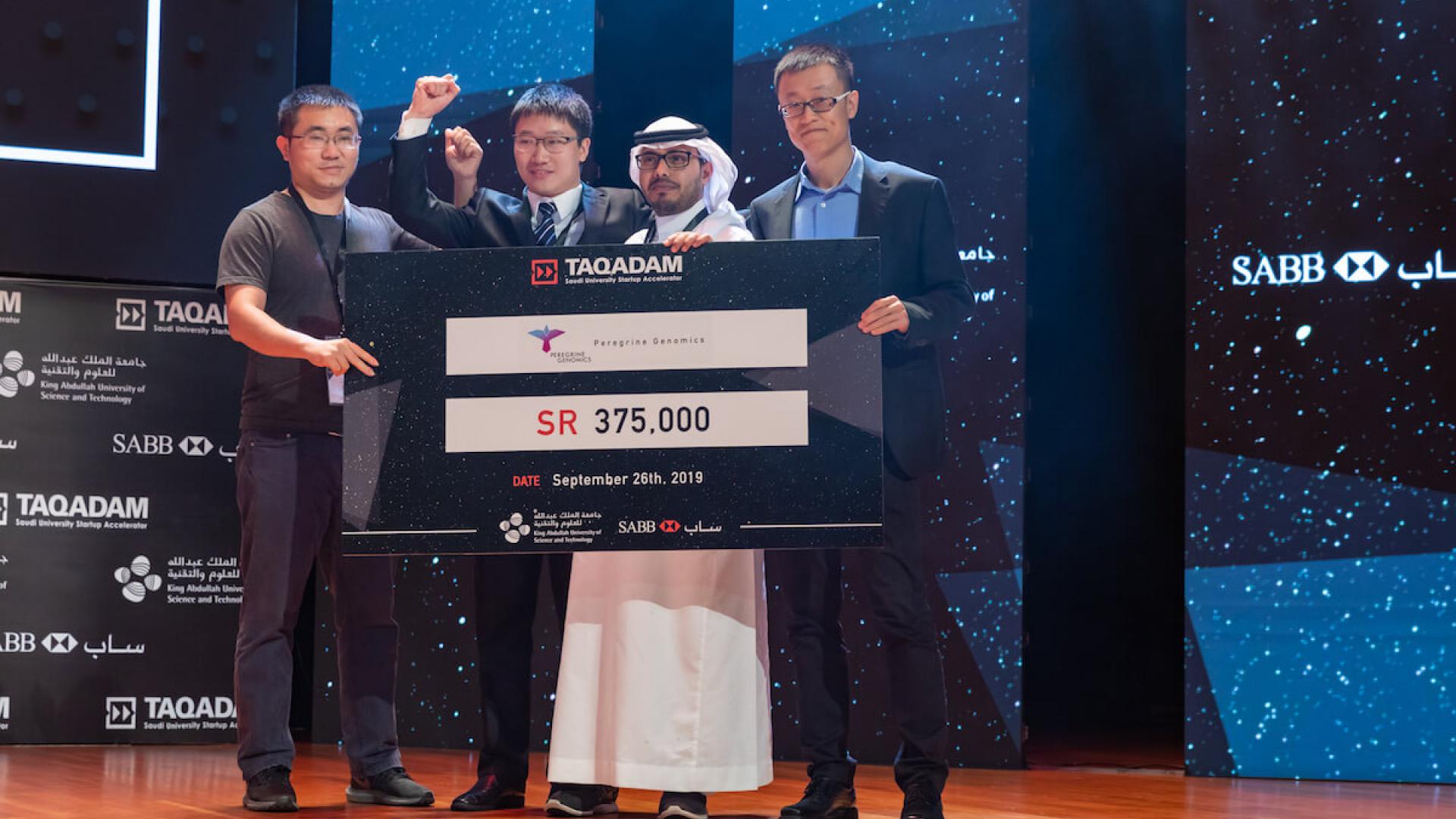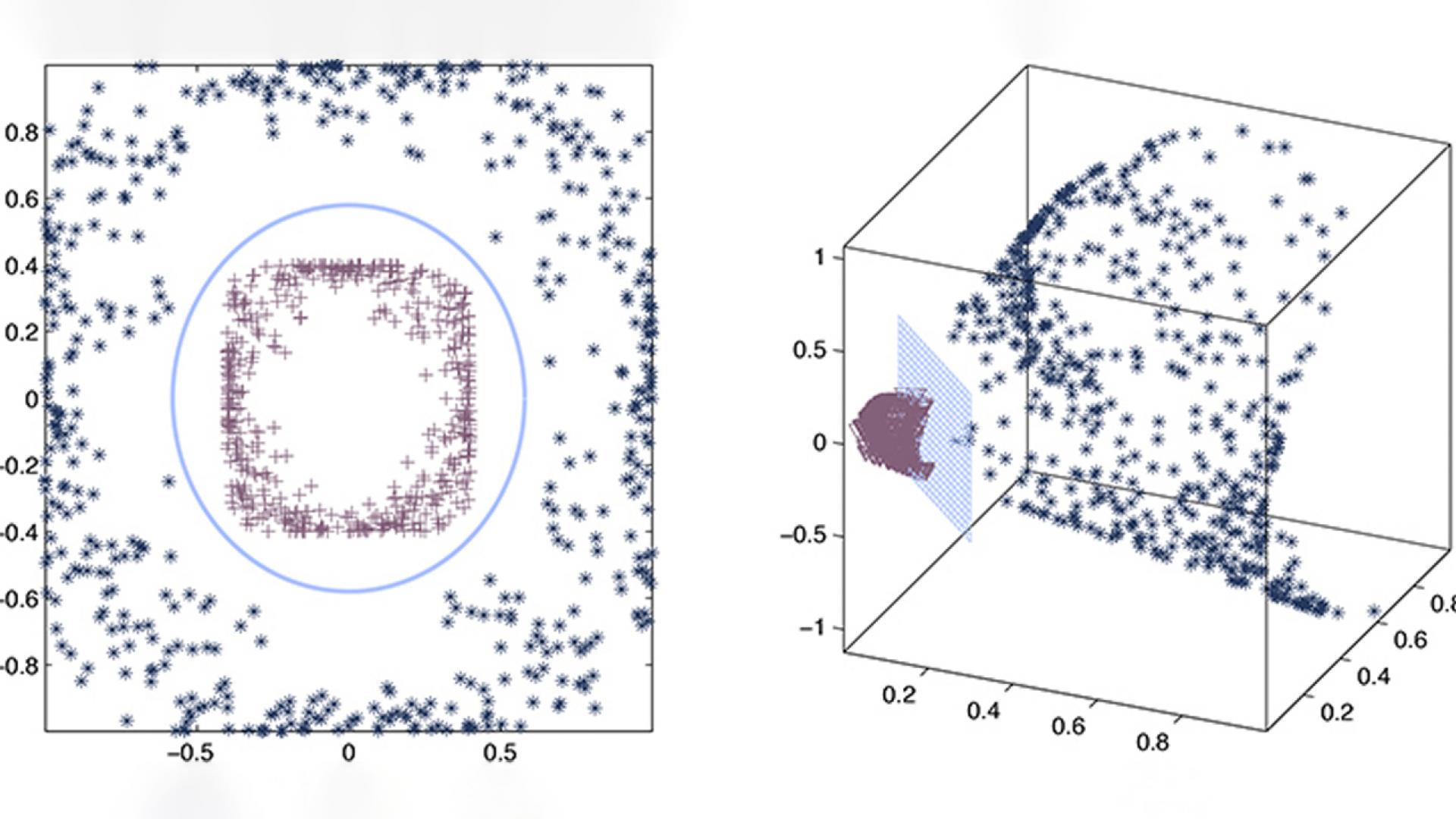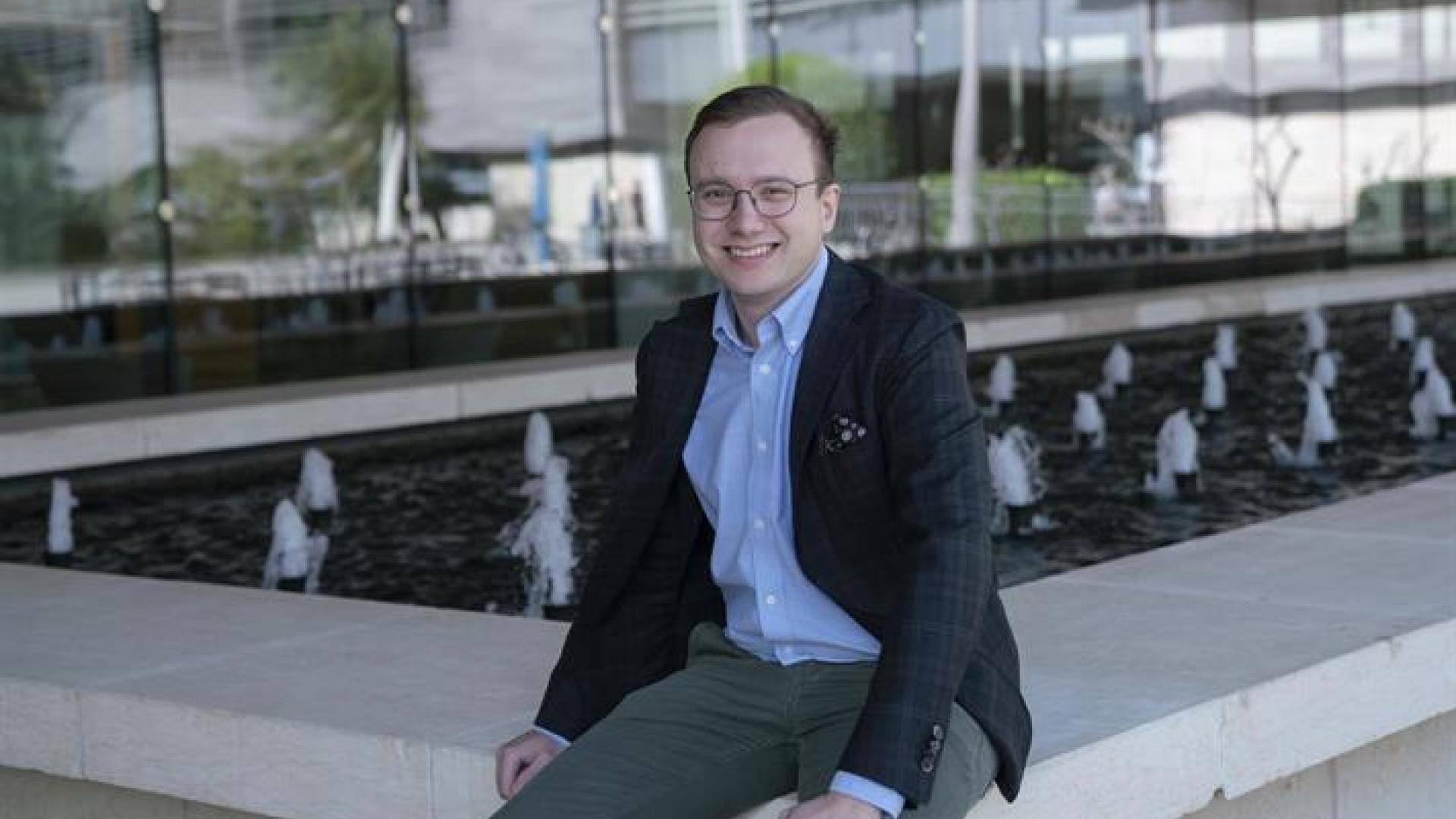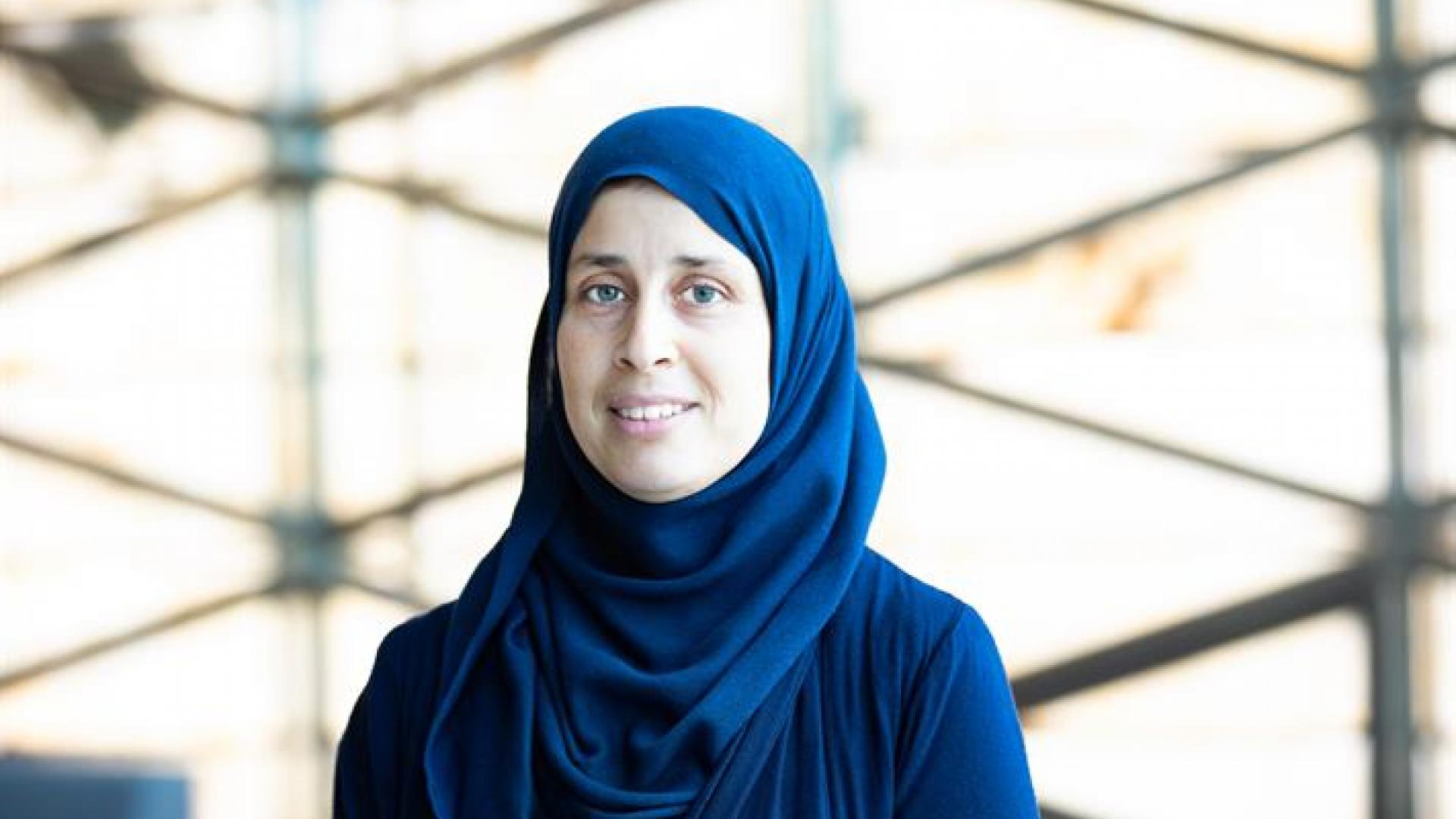Following a call by President Tony Chan for KAUST PIs to contribute through their research capabilities to alleviate the COVID-19 pandemic, efforts coordinated by Donal Bradley, KAUST vice president for research, and Pierre Magistretti, KAUST dean of the Biological and Environmental Science and Engineering division, mobilized a group of faculty to form the Rapid Research Response Team (R3T).
A likeness between genes of the SARS and COVID-19 viruses could inform research into potential treatments.
KAUST faculty member Robert Hoehndorf was recently promoted from the rank of assistant professor to associate professor. Hoehndorf’s promotion caps a year-long process where the German researcher’s scientific and scholarly output was measured and evaluated by internal and external reviews.
Associate Professor Xin Gao and his group have developed an artificial-intelligence (AI) based solution to help increase COVID-19 testing accuracy. Identifying cases of early stage infection has been particularly challenging for frontline clinicians. Gao's AI-based model, which aims to increase accuracy, has been put to immediate use at King Faisal Specialist Hospital (KFSH) in Riyadh.
Hashtags like #covid19 and #coronavirus help us stay up to date on the developments of the new coronavirus pandemic. But beyond breaking news, tweets also offer a glimpse into the emotional side of the COVID-19 crisis.
By training a search agent to make smarter exploratory decisions, relational data can be classified more accurately and efficiently.
The ongoing COVID-19 pandemic has revealed itself to the world as an unprecedented viral threat with a crippling power to disrupt society as we know it.
A novel strain of coronavirus was first detected in December 2019 in Wuhan, a city in China's Hubei province with a population of 11 million, after an outbreak of pneumonia without an obvious cause.
Dr. Paula Moraga is part of a multidisciplinary KAUST research team that applies models to COVID-19. She has worked on projects examining malaria in Africa and leptospirosis in Brazil, and the models she develops rely on in-depth knowledge about each disease.
The future has already arrived when it comes to the most exciting and promising field of modern medicine—precision medicine.
Machine learning tasks using very large data sets can be sped up significantly by estimating the kernel function that best describes the data.
Research work carried out by Michał Mańkowski, a Ph.D. student in the University's Computer, Electrical and Mathematical Science and Engineering division, was recently selected for inclusion by the editors of the American Journal of Transplantation (AJT) in their "Top 10 Articles of 2019."
A method for finding genes that spur tumor growth takes advantage of machine learning algorithms to sift through reams of molecular data collected from studies of cancer cell lines, mouse models and human patients.
-By A. Ortega, KAUST News
KAUST Associate Professor of Electrical Engineering Taous-Meriem Laleg-Kirati joined the University in 2011 after working as a researcher at INRIA in France.
